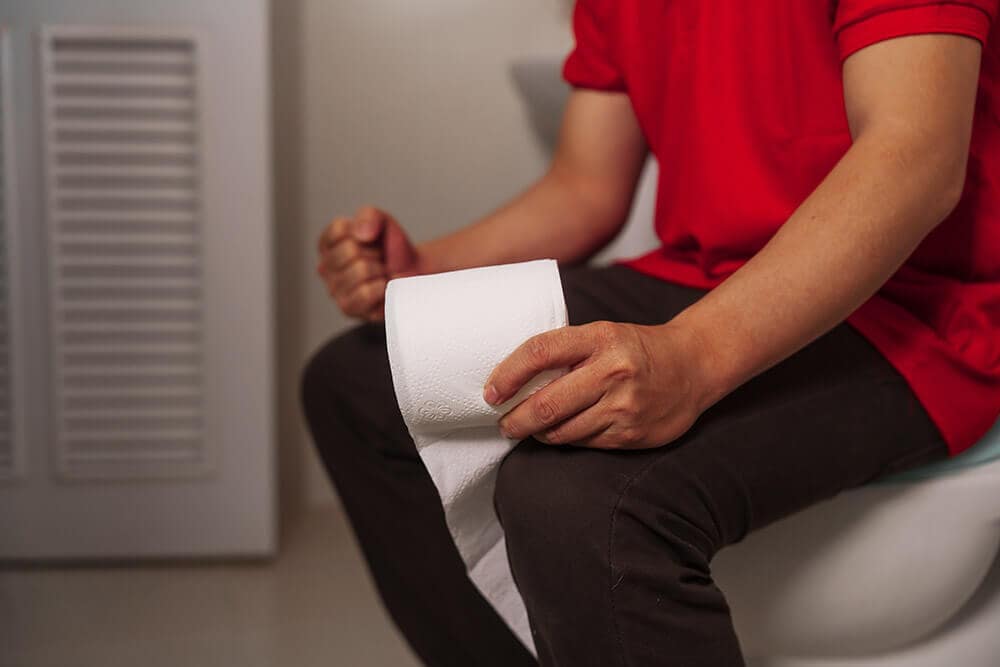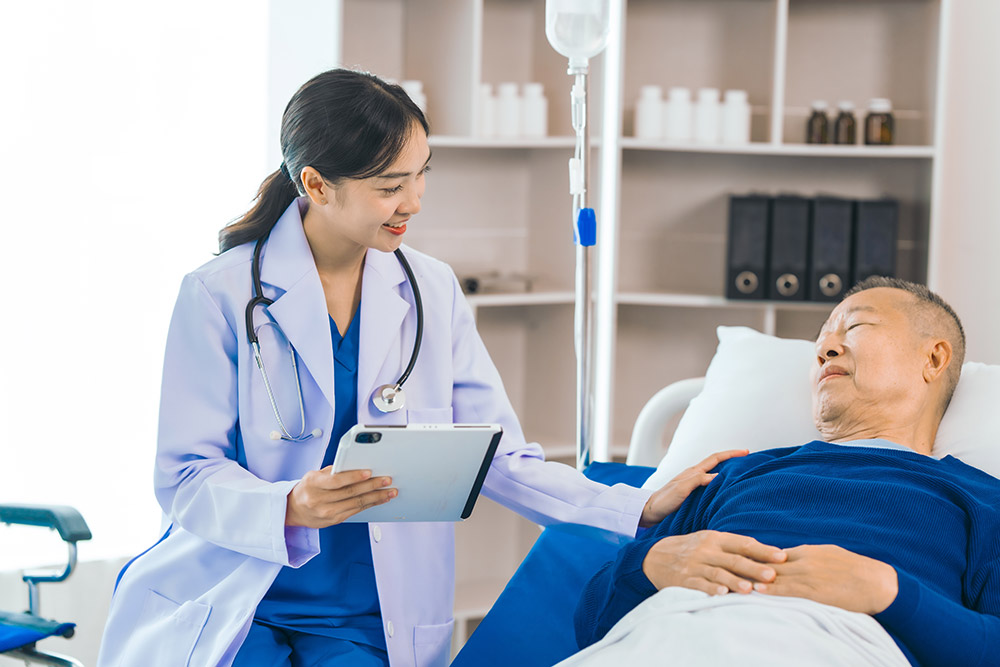How Dr. Rishi Chadha Diagnoses Gastric Lymphoma
1. Medical History & Physical Exam
Dr. Chadha begins by reviewing your personal and family history, prior H. pylori infections, immune disorders, medication use and symptoms such as stomach pain, nausea or weight loss. A focused abdominal exam checks for tenderness or masses.
2. Blood Tests
Routine labs include a complete blood count (CBC) to look for anemia, lactate dehydrogenase (LDH) levels and specific markers tied to lymphoma (ICD-10 C83.1). These help assess overall health and rule out other causes.
3. Upper Endoscopy with Biopsy
An endoscope is used to visualize the stomach lining. Suspicious areas are biopsied and sent to pathology to confirm lymphoma cells, determine subtype and guide treatment.
4. Imaging Studies
- CT Scan - Evaluates tumor size and checks for spread to nearby lymph nodes.
- PET/CT Scan - Detects active cancer cells throughout the body for accurate staging.
5. Staging & Additional Tests
Based on initial findings, Dr. Chadha may order a bone marrow biopsy or endoscopic ultrasound to determine the extent of disease and finalize a personalized treatment plan.

Frequently Asked Questions
What causes gastric lymphoma?
Long-term H. pylori infection, immune disorders (e.g., celiac disease), immunosuppressive medications, family history of lymphoma, and age over 60 can all increase risk.
How is it different from adenocarcinoma?
Gastric lymphoma begins in the lymphoid (immune) tissue of the stomach, whereas adenocarcinoma arises from the glandular cells lining the stomach.
What is the survival rate?
If detected early, the 5-year survival rate for gastric lymphoma can be around 60-80% or higher, depending on stage and treatment response.
What's the ICD-10 code for this condition?
The primary code for gastric lymphoma is C83.1, which specifies extranodal (stomach) lymphoma.
Can treating H. pylori help?
Yes. Eradicating H. pylori with antibiotics may lead to regression of early, localized gastric lymphoma in some cases.
What tests confirm gastric lymphoma?
Diagnosis typically requires an upper endoscopy with biopsy, supported by blood tests and imaging studies (CT or PET scans) to stage the disease.
Is surgery always needed?
No. Many patients achieve remission with chemotherapy, immunotherapy, or targeted therapy. Surgery is reserved for select early tumors or complications.
How long is recovery?
Recovery time varies by treatment modality and individual factors. Many patients start feeling better within a few weeks, though full treatment courses may last months.
Do you offer support?
Yes. At GastroDoxs we provide dietary counseling, nutritional planning, psychosocial support, and access to local support groups.
How should I prepare for my first visit?
Please bring any prior test results, a list of current medications, and your complete medical history to help Dr. Chadha tailor your evaluation.











